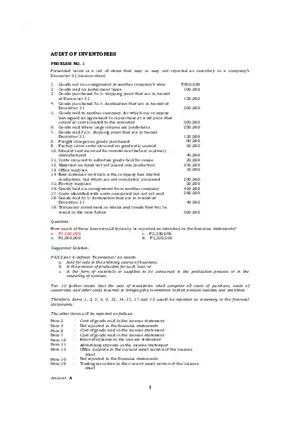Lecture Note
Navigating Financial Transactions in Business- From Payments to Investments
-
University:
Swansea University -
Course:
FIN520 | Financial Ethics and Accountability Academic year:
2022
-
Views:
347
Pages:
1
Author:
Maria C.
Related Documents
- Complexity of CEO Compensation Packages
- Who Funds Overseas Gas Projects
- Closing Lodging Transactions through COVID, An Overview of The Hospitality Real Estate Finance Markets
- Measuring Commuting and Economic Activity Inside Pt 1
- Finance Answer Note #27
- Finance Answer Note #6
- The CAPM and APT (Part 1)
- Measuring Commuting and Economic Activity Inside Pt 2
- Infrastructure for Sustainable Development The Role of National Development Banks
- Deficits and Debt Lecture Note Chapter 2
- Understanding Fiscal Policy Change at the International Monetary Fund Since the Great Recession
- Banking On Removal
- Money, Banking, And Finance Answer Key
- Securitized Banking and the Run on Repo
- Consumption and Decision Making Appendix
- Forensic Finance
- Assessing the Potential for US Utility Green Bonds
- The Globalization of Chinese Energy Companies (The Role of State Finance)
- Target Setting and Allocative Inefficiency in Lending - Two Chinese Banks
Report
Tell us what’s wrong with it:
Thanks, got it!
We will moderate it soon!
Report
Tell us what’s wrong with it:
Free up your schedule!
Our EduBirdie Experts Are Here for You 24/7! Just fill out a form and let us know how we can assist you.
Take 5 seconds to unlock
Enter your email below and get instant access to your document












